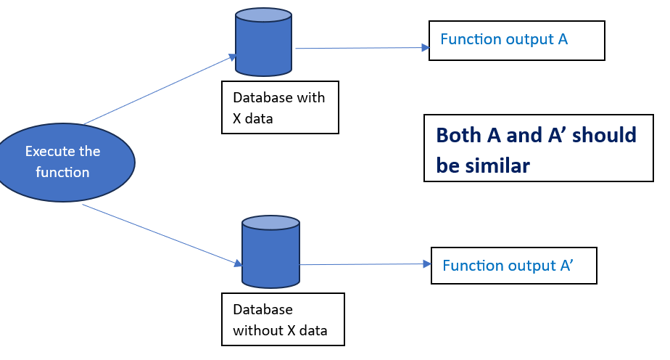Medium
2w
227

Image Credit: Medium
Privacy-Preserving Data Analysis: Secure Multi-Party Computation and Differential Privacy
- Secure Multi-Party Computation (SMPC) and Differential Privacy enable data utilization while safeguarding the confidentiality of sensitive information.
- Differential Privacy is a mathematical framework for ensuring individual privacy in datasets through controlled noise. SMPC enables multiple parties to compute a function on their data without divulging it.
- Adaptive mechanisms and delta privacy parameters based on sensitivity of data and analytical requirements may provide better protection than static privacy parameters.
- Post-processing techniques refine already anonymized data to reduce risk of re-identification. Synthetic data generation creates datasets similar to original data that protect individual privacy.
- Combining differentiated privacy with SMPC can protect the privacy of individual transaction data in collaborative computation of the average money spent per transaction by the user.
- Distribution of computation, consensus algorithms in blockchain networks, and smart contracts ensure trustless environment for SMPC.
- Differential Privacy and SMPC enable businesses to utilize private data while upholding the confidentiality and security of individual data.
- By adopting Differential Privacy and SMPC, individuals can make informed decisions to protect data privacy, leading to more privacy-conscious data-driven solutions.
- SMPC and Differential Privacy are complimentary solutions that enable valuable insights to be derived while preserving individual privacy by balancing data privacy and the need for accessing private information.
- By using SMPC and Differential Privacy, risk of privacy breaches reduces, creating more privacy-conscious data-driven solutions.
Read Full Article
13 Likes
For uninterrupted reading, download the app